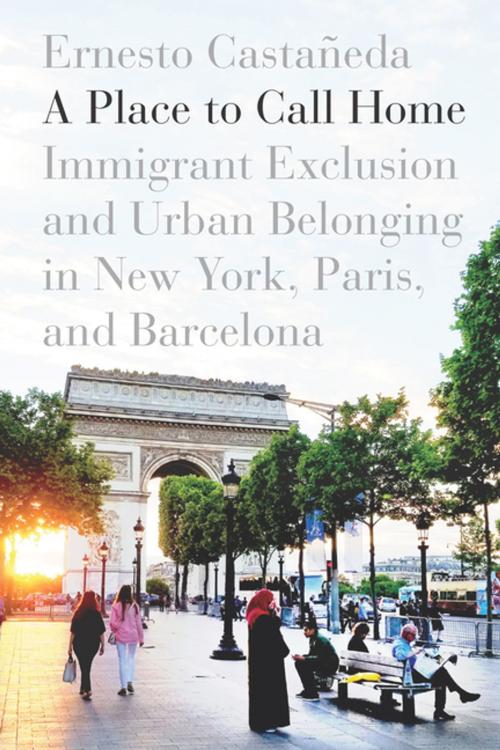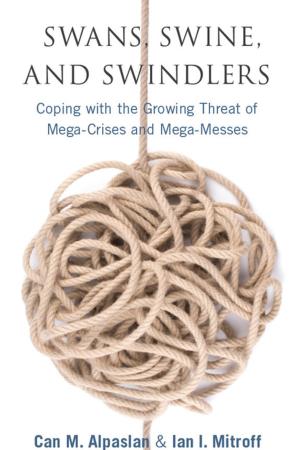A Place to Call Home
Immigrant Exclusion and Urban Belonging in New York, Paris, and Barcelona
Nonfiction, Social & Cultural Studies, Social Science, Cultural Studies, Emigration & Immigration| Author: | Ernesto Castañeda | ISBN: | 9781503605770 |
| Publisher: | Stanford University Press | Publication: | May 29, 2018 |
| Imprint: | Stanford University Press | Language: | English |
| Author: | Ernesto Castañeda |
| ISBN: | 9781503605770 |
| Publisher: | Stanford University Press |
| Publication: | May 29, 2018 |
| Imprint: | Stanford University Press |
| Language: | English |
As immigrants settle in new places, they are faced with endless uncertainties that prevent them from feeling that they belong. From language barriers, to differing social norms, to legal boundaries separating them from established residents, they are constantly navigating shifting and contradictory expectations both to assimilate to their new culture and to honor their native one. In A Place to Call Home, Ernesto Castañeda offers a uniquely comparative portrait of immigrant expectations and experiences. Drawing on fourteen years of ethnographic observation and hundreds of interviews with documented and undocumented immigrants and their children, Castañeda sets out to determine how different locations can aid or disrupt the process of immigrant integration. Focusing on New York City, Paris, and Barcelona—immigration hubs in their respective countries—he compares the experiences of both Latino and North African migrants, and finds that subjective understandings, local contexts, national and regional history, and religious institutions are all factors that profoundly impact the personal journey to belonging.
As immigrants settle in new places, they are faced with endless uncertainties that prevent them from feeling that they belong. From language barriers, to differing social norms, to legal boundaries separating them from established residents, they are constantly navigating shifting and contradictory expectations both to assimilate to their new culture and to honor their native one. In A Place to Call Home, Ernesto Castañeda offers a uniquely comparative portrait of immigrant expectations and experiences. Drawing on fourteen years of ethnographic observation and hundreds of interviews with documented and undocumented immigrants and their children, Castañeda sets out to determine how different locations can aid or disrupt the process of immigrant integration. Focusing on New York City, Paris, and Barcelona—immigration hubs in their respective countries—he compares the experiences of both Latino and North African migrants, and finds that subjective understandings, local contexts, national and regional history, and religious institutions are all factors that profoundly impact the personal journey to belonging.















